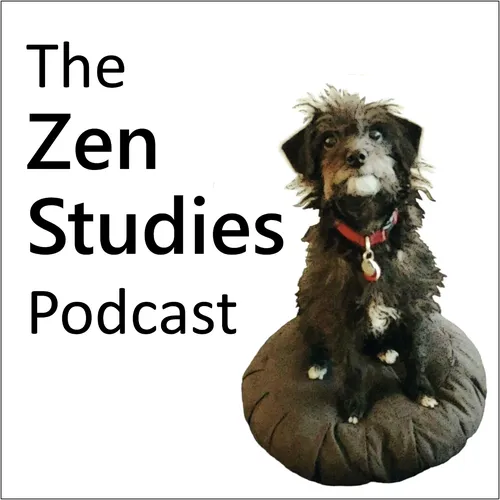
The Zen Studies Podcast
Learn about traditional Zen and Buddhist teachings, practices, and history through episodes recorded specifically for podcast listeners. Host Domyo Burk is a Soto Zen priest and teacher.
- Update frequency
- every 10 days
- Average duration
- 29 minutes
- Episodes
- 323
- Years Active
- 2017 - 2025
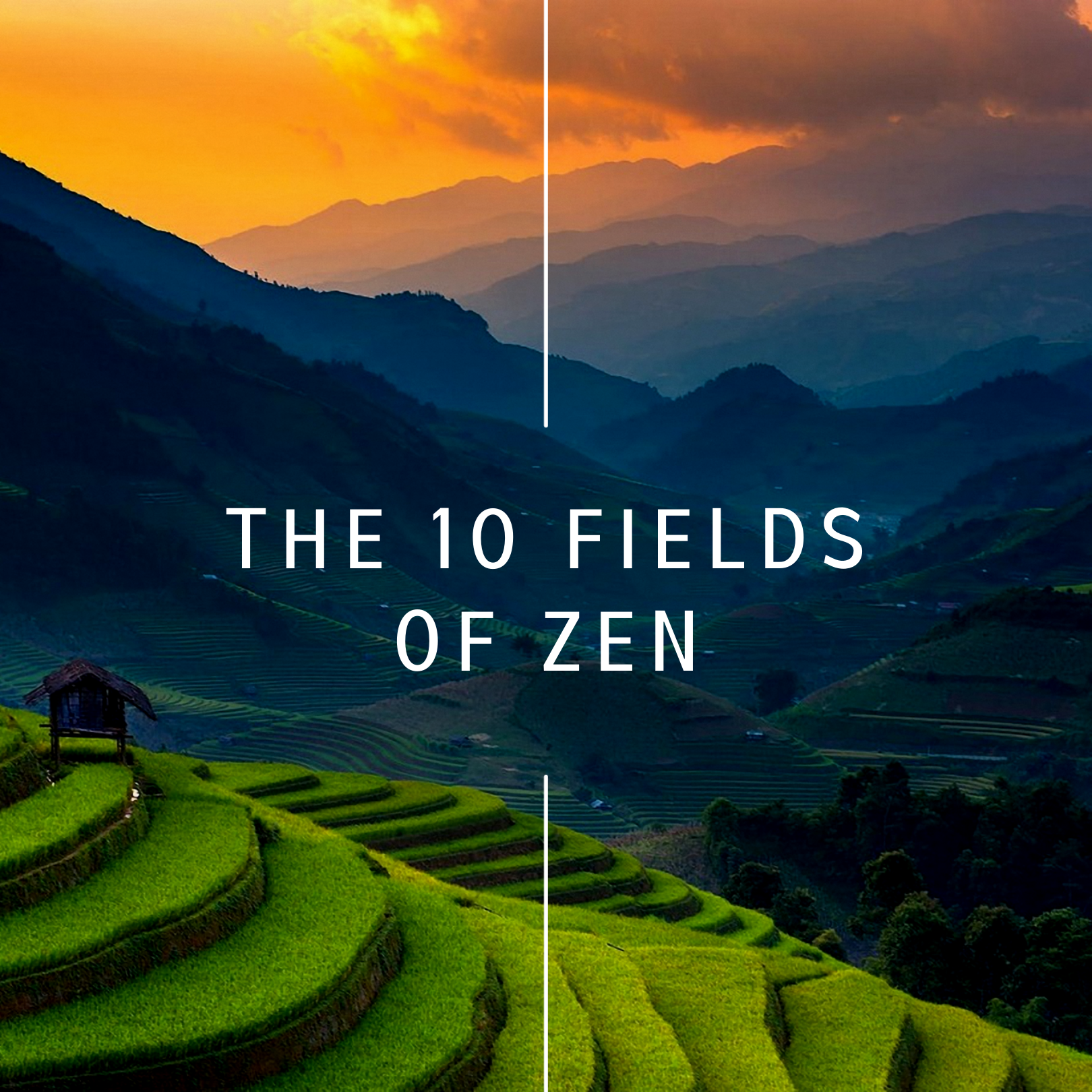
312 – Ten Fields of Zen, Field Eight – Learning the Self: This Very Body Is Buddha (2 of 3)
Part two of three of my series on “Learning the Self,” one of my Ten Fields of Zen. Last episode I discussed why we “study the self” in Zen, and what “self” we’re talking about if the self is empty o…
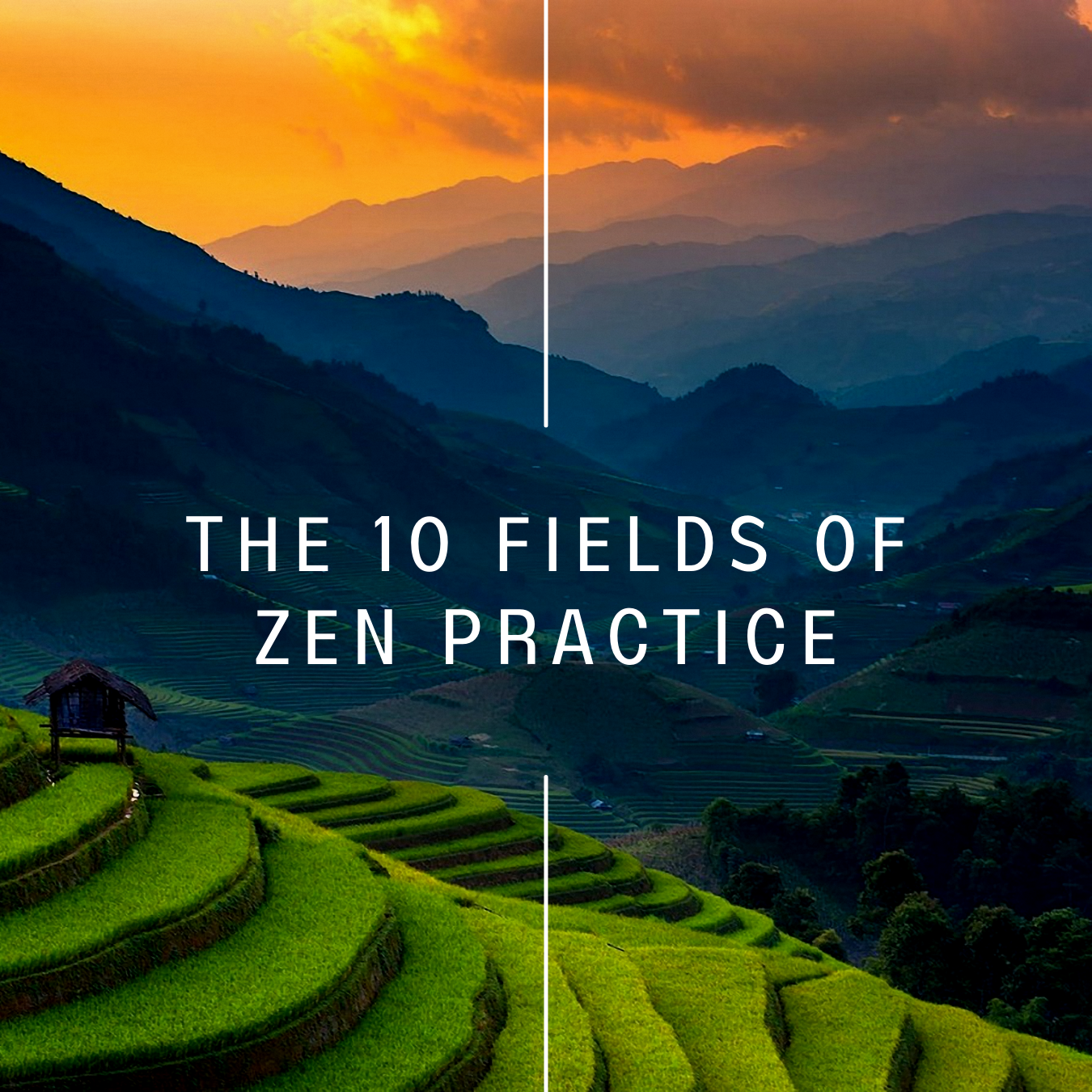
311 – Ten Fields of Zen, Field 8 – Learning the Self: This Very Body Is Buddha (1 of 3)
Ultimately, if you want to experience Realization and have it transform your life, you need to commit yourself to Learning the Self. This means becoming intimately familiar with your self - your mind…
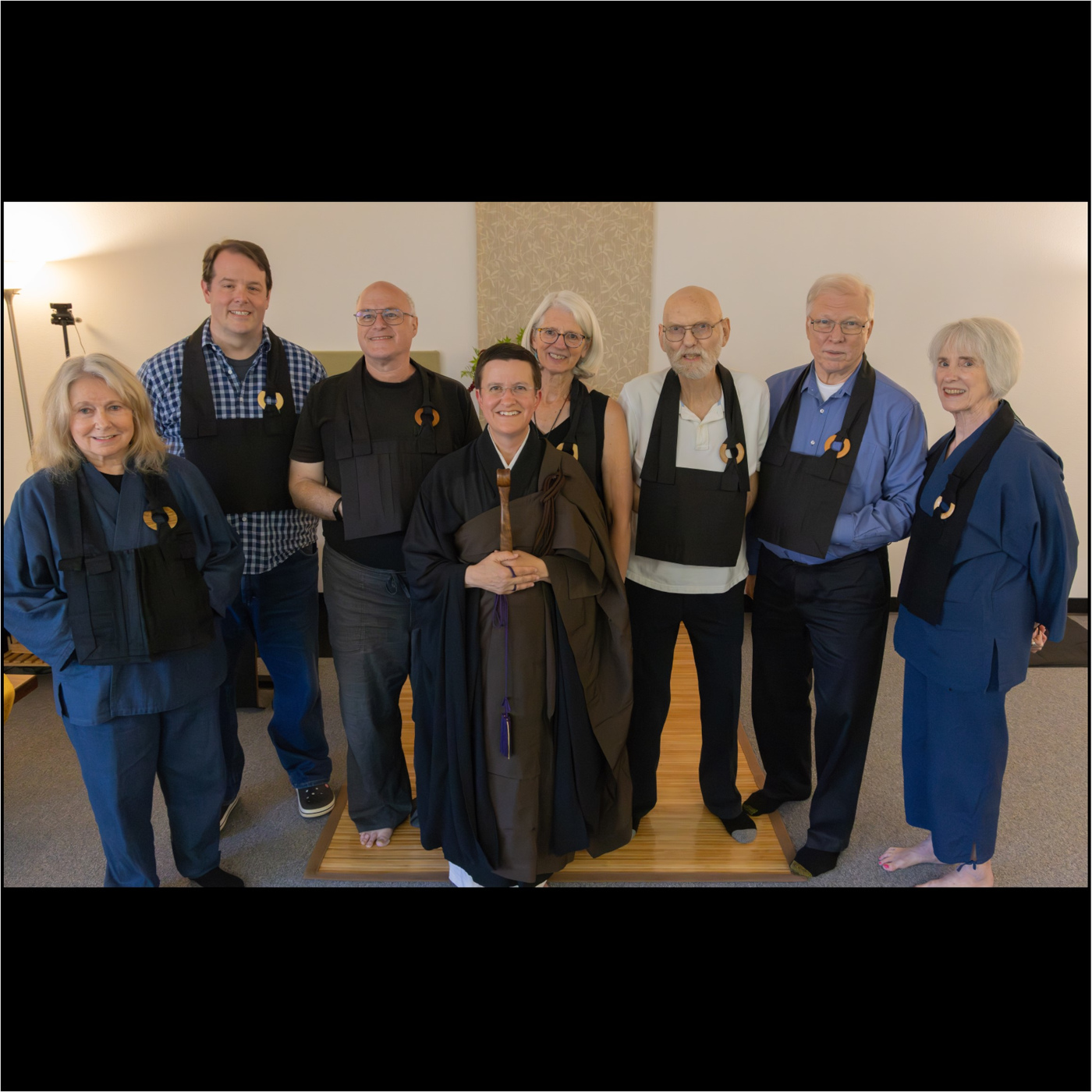
310 - Three Paths: The Value of Monastics, Clergy, and Lay Practitioners in Western Zen
Since the Buddha’s time, certain practitioners have chosen to leave the household life to dedicate themselves completely to formal Buddhist training. Undergoing a ceremony of ordination in which they…
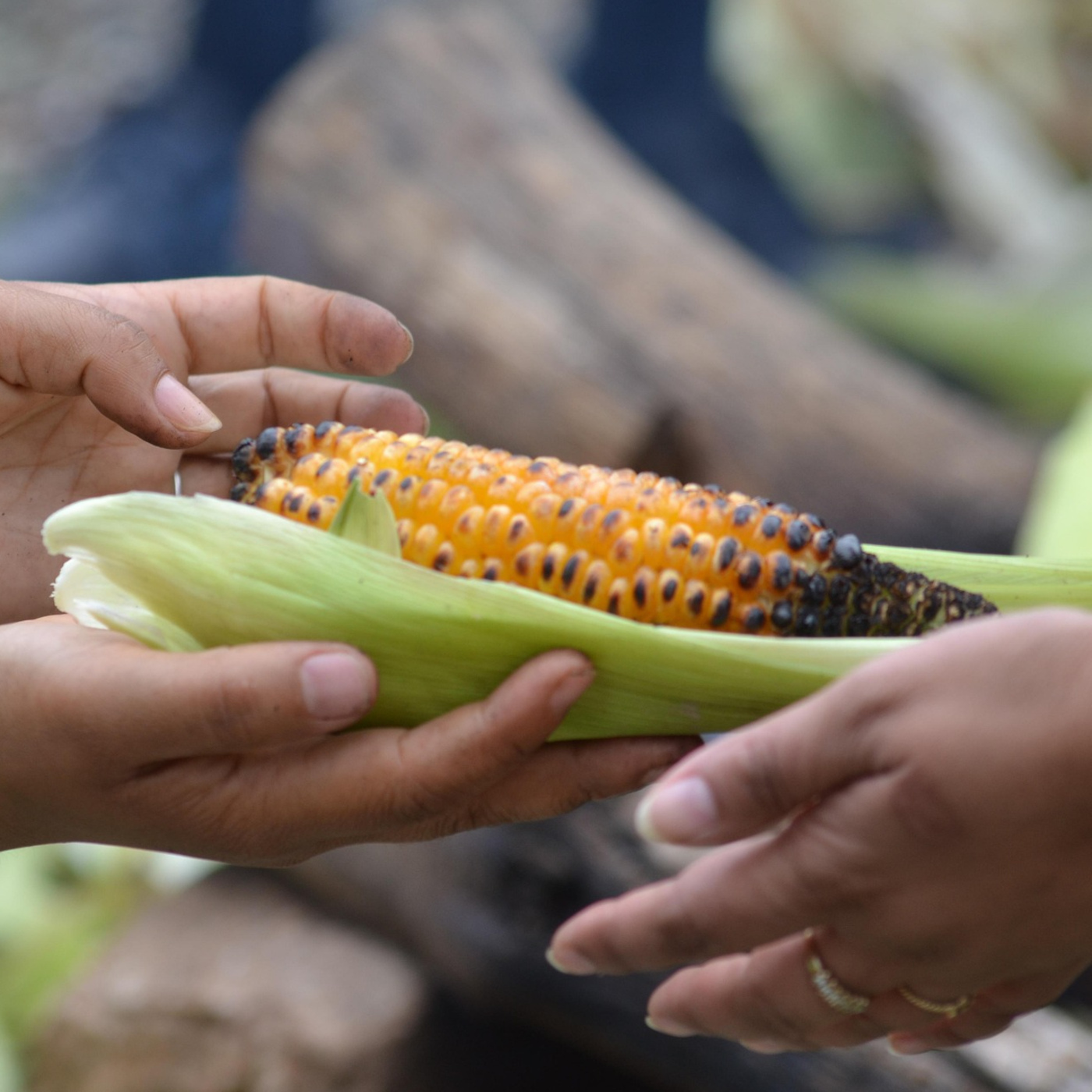
309 - Dana, the Paramita of Generosity: Buddhist Teachings on Giving (2 of 4)
I discuss the oldest source of Buddhist teachings on Dana as a bodhisattva perfection – the Jataka tales, or stories about Shakyamuni Buddha’s remarkable actions during previous lifetimes. Such stori…
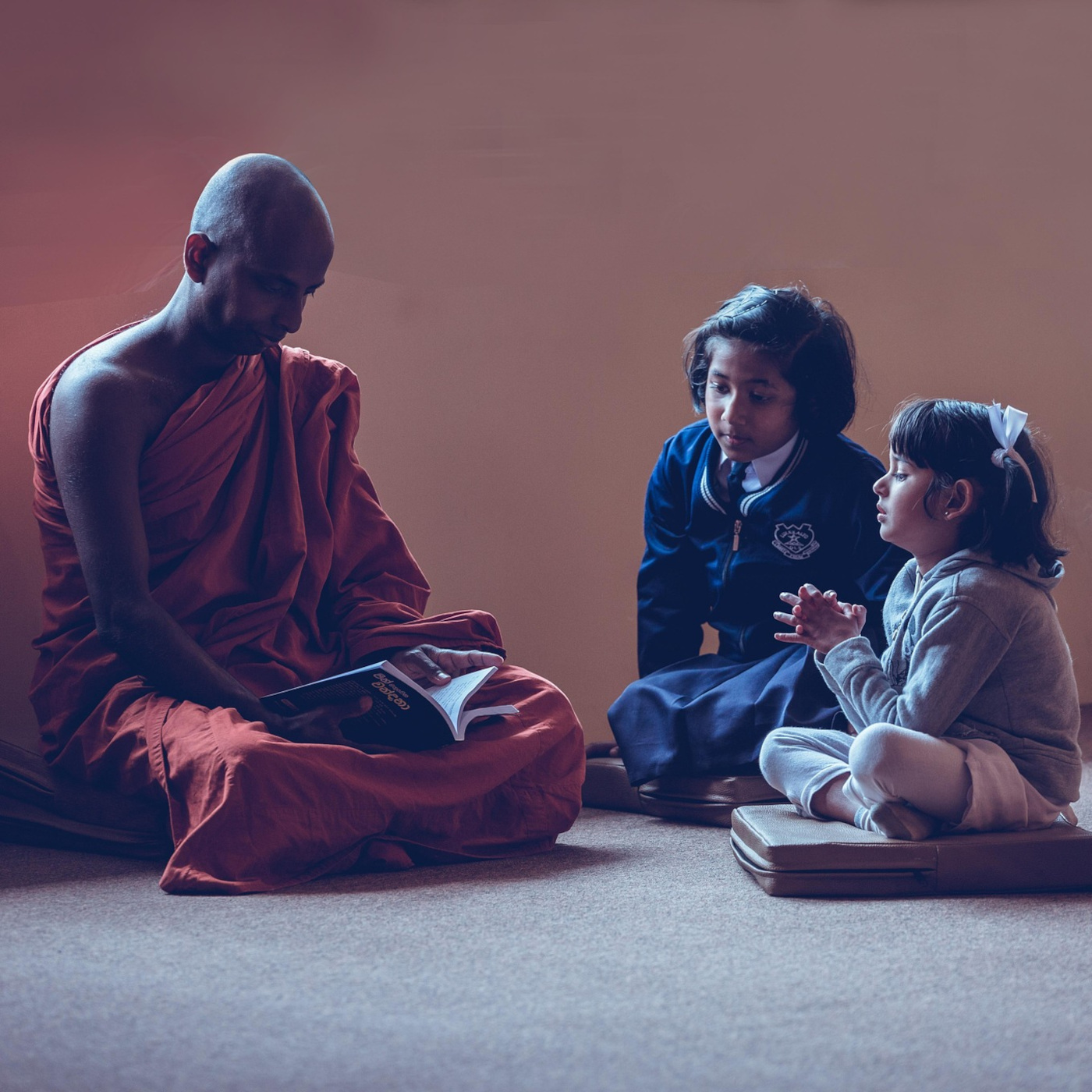
308 – Q&A: Sharing the Dharma with Children, Mindfulness, and a Posture Mistake
In this episode I answer listener questions: How do you address the dharma and practice with young kids? If I'm trying to be mindful on work breaks, should I just go cold turkey and not look at my ph…
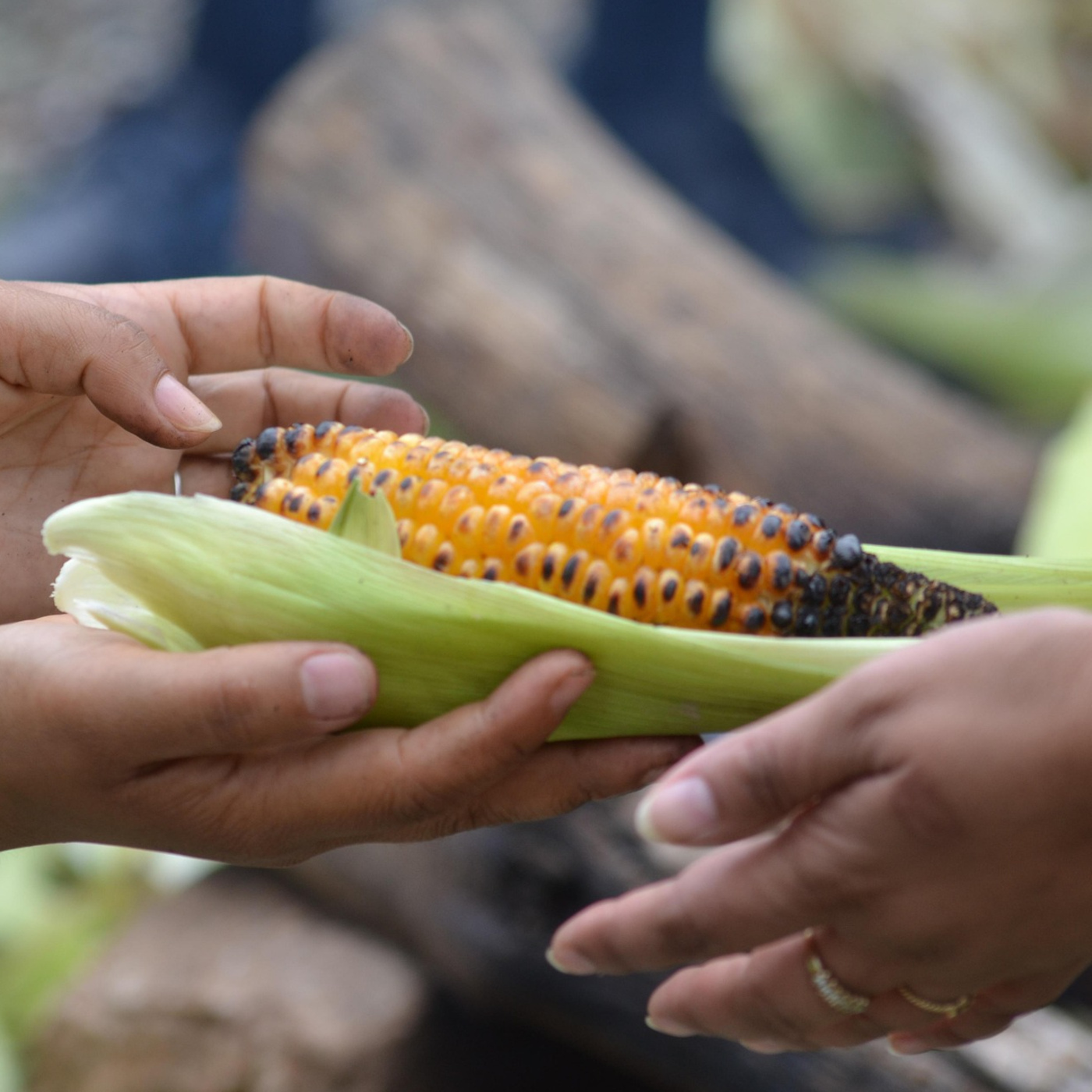
307 - Dana, the Paramita of Generosity: Buddhist Teachings on Giving (1 of 3)
Dana, generosity or giving, is the first Mahayana Buddhist paramita. Generosity is where the journey to self-transcendence begins. In this first episode on Dana, I give an overview of the Buddha’s te…

306 – Teisho: Ordinary Mind Is the Way, Never Apart from This Very Place
This is a teisho - kind of like a cross between a Dharma Talk and guided meditation. I hope my words will point you toward how the Great Matter - that which we seek to awaken to and manifest - is nev…
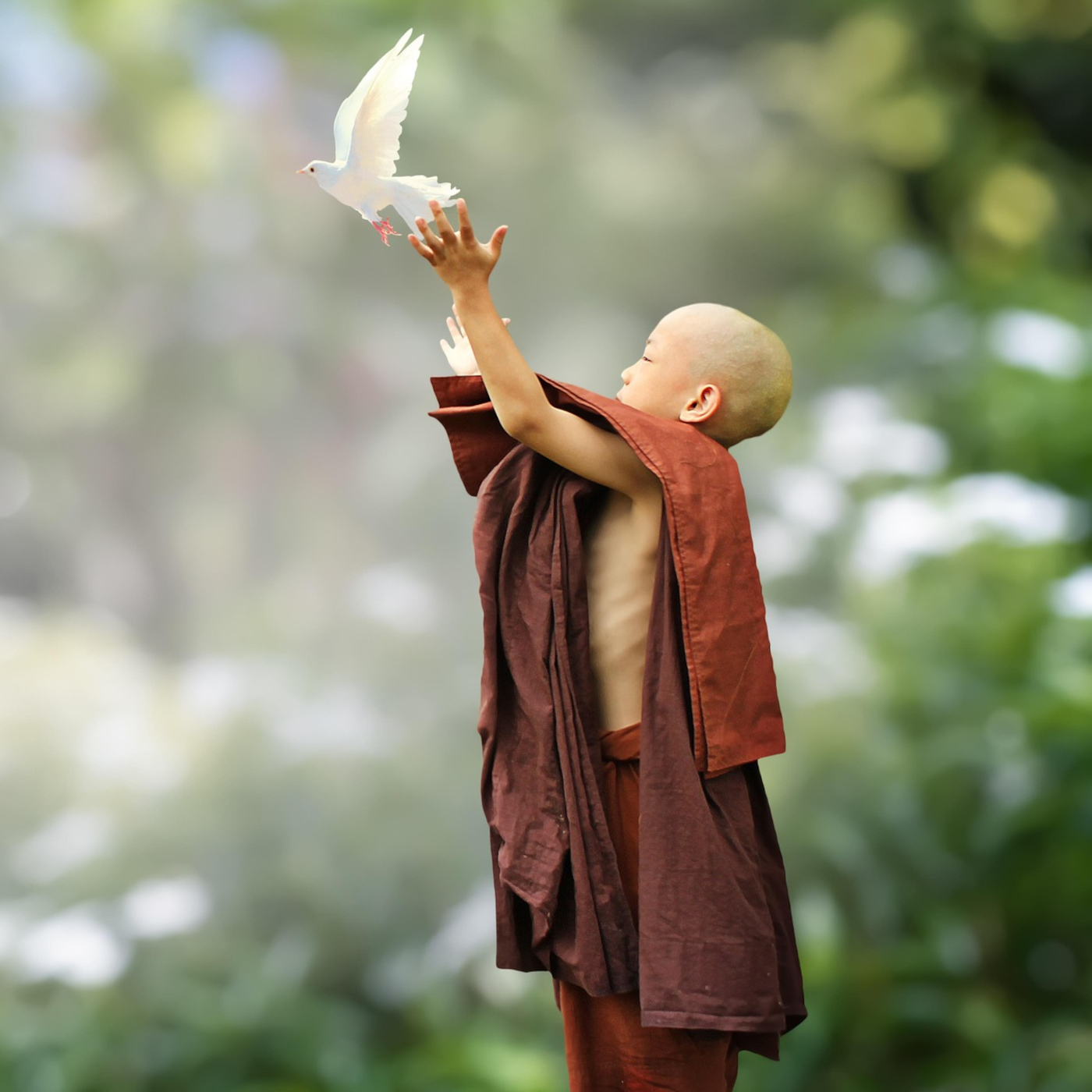
305 - Dharma Foundations: Truths to Rely on No Matter What
Religions and spiritual paths are meant to give you strength and help you find meaning. Many people derive strength and meaning through faith in an all-powerful God who works in mysterious ways but u…

304 - Supporting the Zen Practice of People with Physical Challenges (2 of 2)
In this episode I make the case for accommodations for people with physical challenges, even in sesshin, and then describe a number of tried and tested ways Sanghas can do this. I finish by talking a…

303 - Supporting the Zen Practice of People with Physical Challenges (1 of 2)
People with extra physical challenges - disabilities, chronic illnesses, or advanced age - often find it impossible to participate fully in Zen practice without special accommodations. Seated meditat…
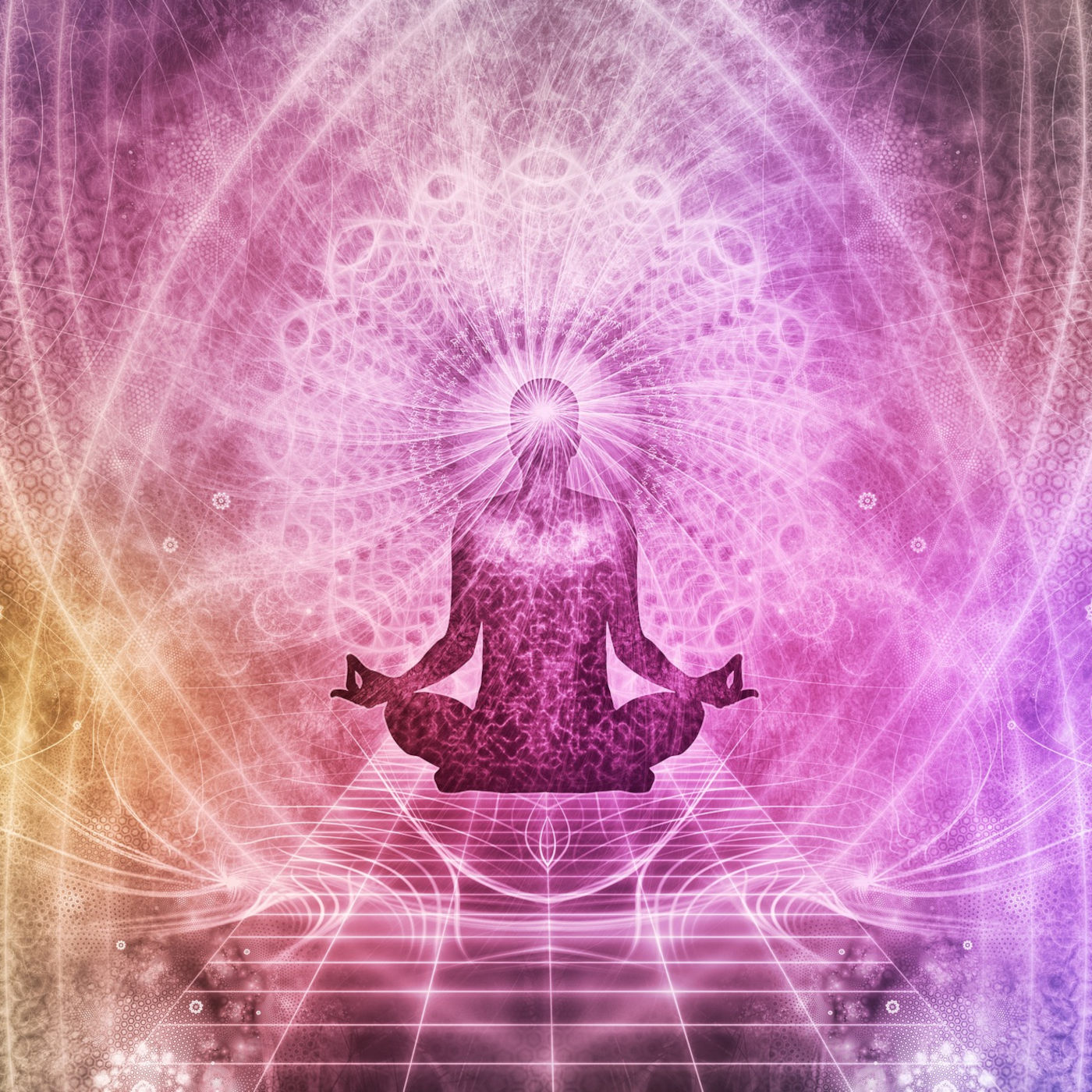
302 – Q&A: Standing Up for What’s Right, and Zazen Versus Dissociation and Trance
In this extemporaneous Q&A episode, I address these questions: What is the responsibility of Buddhists to stand for what is right? What is the difference between the Buddhist goal of "detaching from …
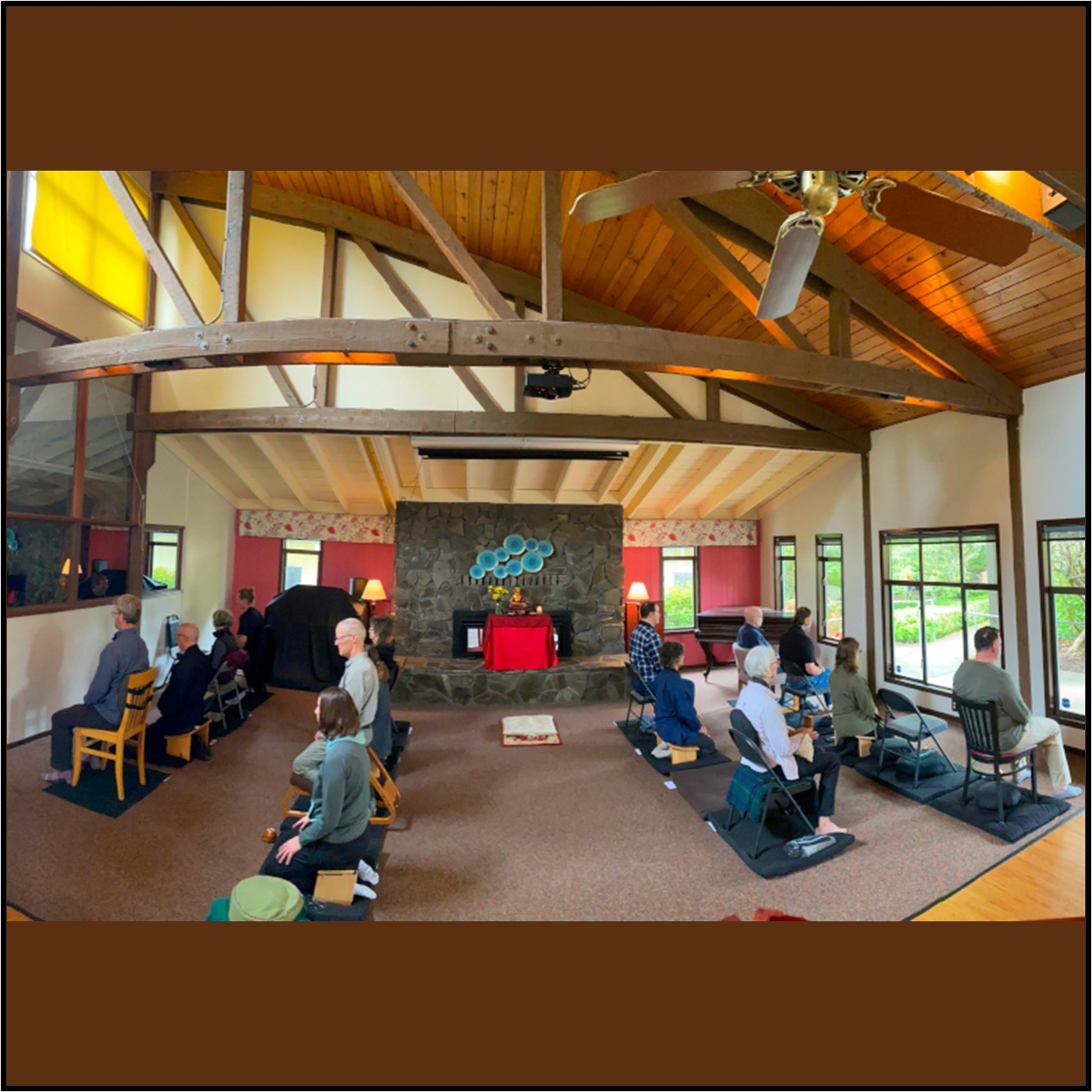
301 – Teisho: You Have to See Your Nature
This episode is a Teisho, an encouragement talk that’s meant to be listened to while you are sitting quietly. Zen teachers give Teisho during sesshin, and this amounts to a more formal kind of Dharma…

300 - One Reality, Many Descriptions Part 6: Trikaya, the Three Bodies of Buddha
The teaching of the Trikaya, or Three Bodies of Buddha, is challenging. It may seem to be metaphysical speculation or surprisingly theistic for Buddhism. However, it offers a unique and valuable fram…
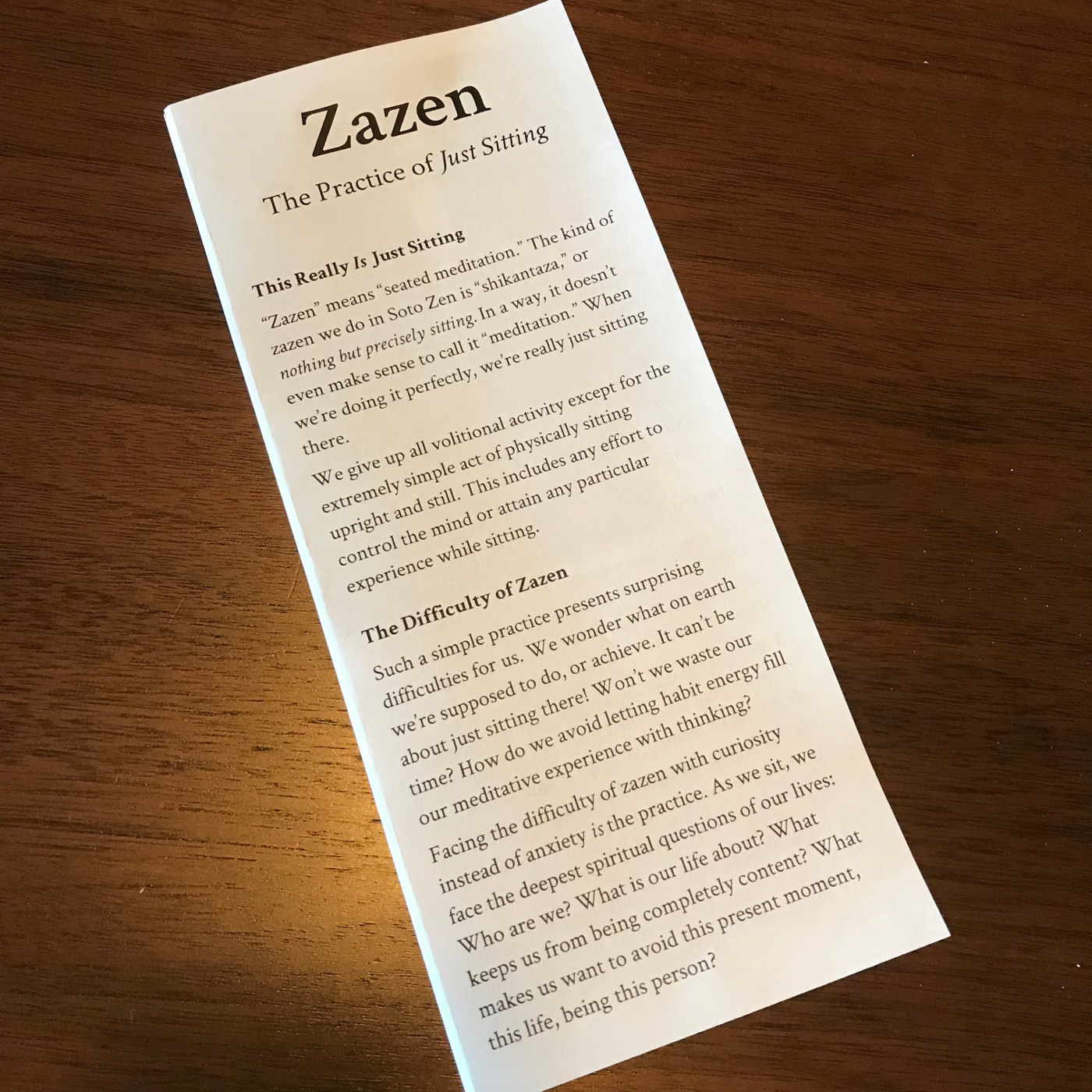
299 – Q&A: Revisiting Veganism and Moral Choices, and Questions about Shikantaza
In this extemporaneous question-and-answer episode I address a listener's comment on my answer in a recent Q&A episode about the relationship between Buddhism and eating a plant-based diet. Then I re…
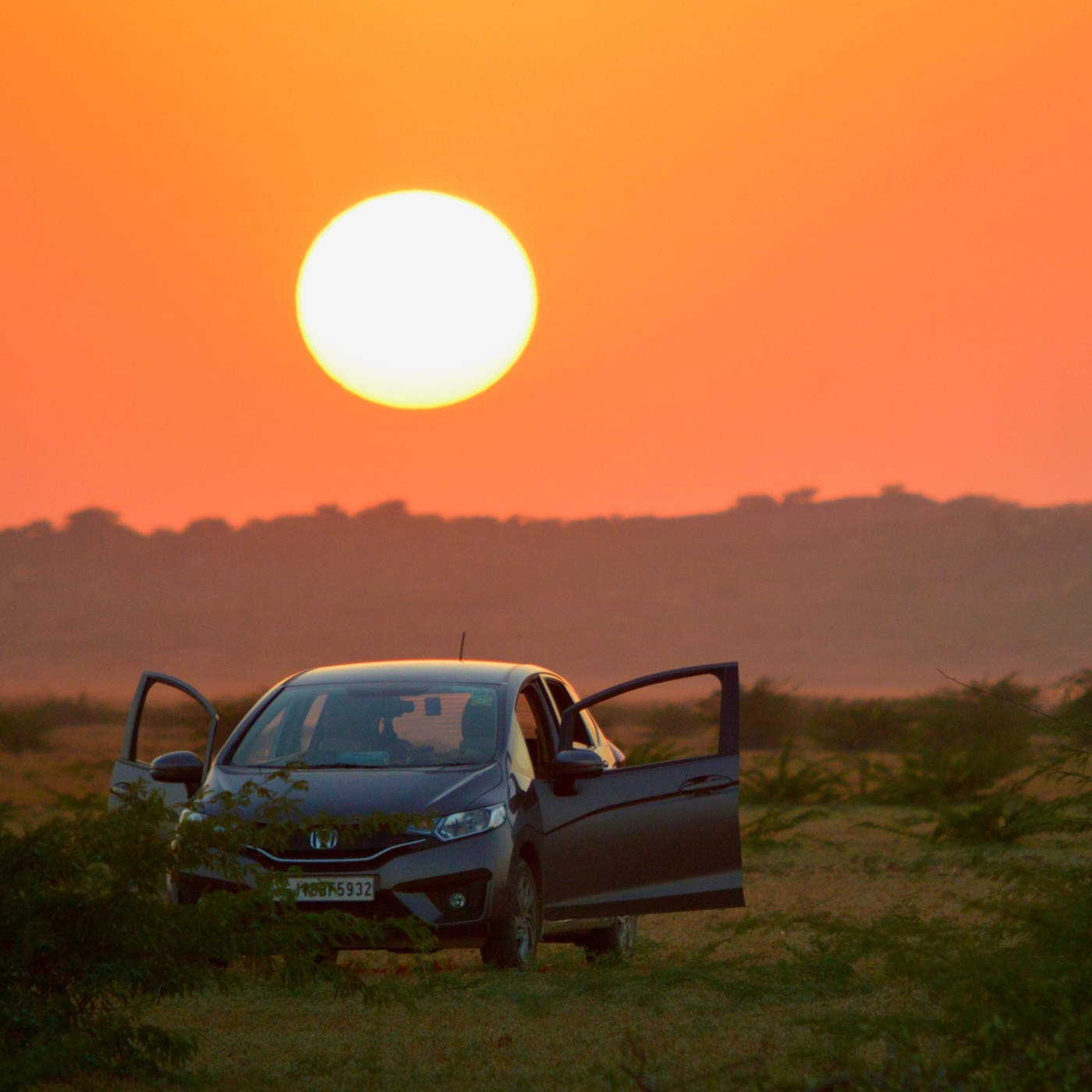
298 – Framing Your Dharma Practice in a Helpful Way
Chances are, whether you're aware of it or not, you have a certain way of framing your Dharma practice. That is, you function using a conceptual framework that defines your relationship to your pract…
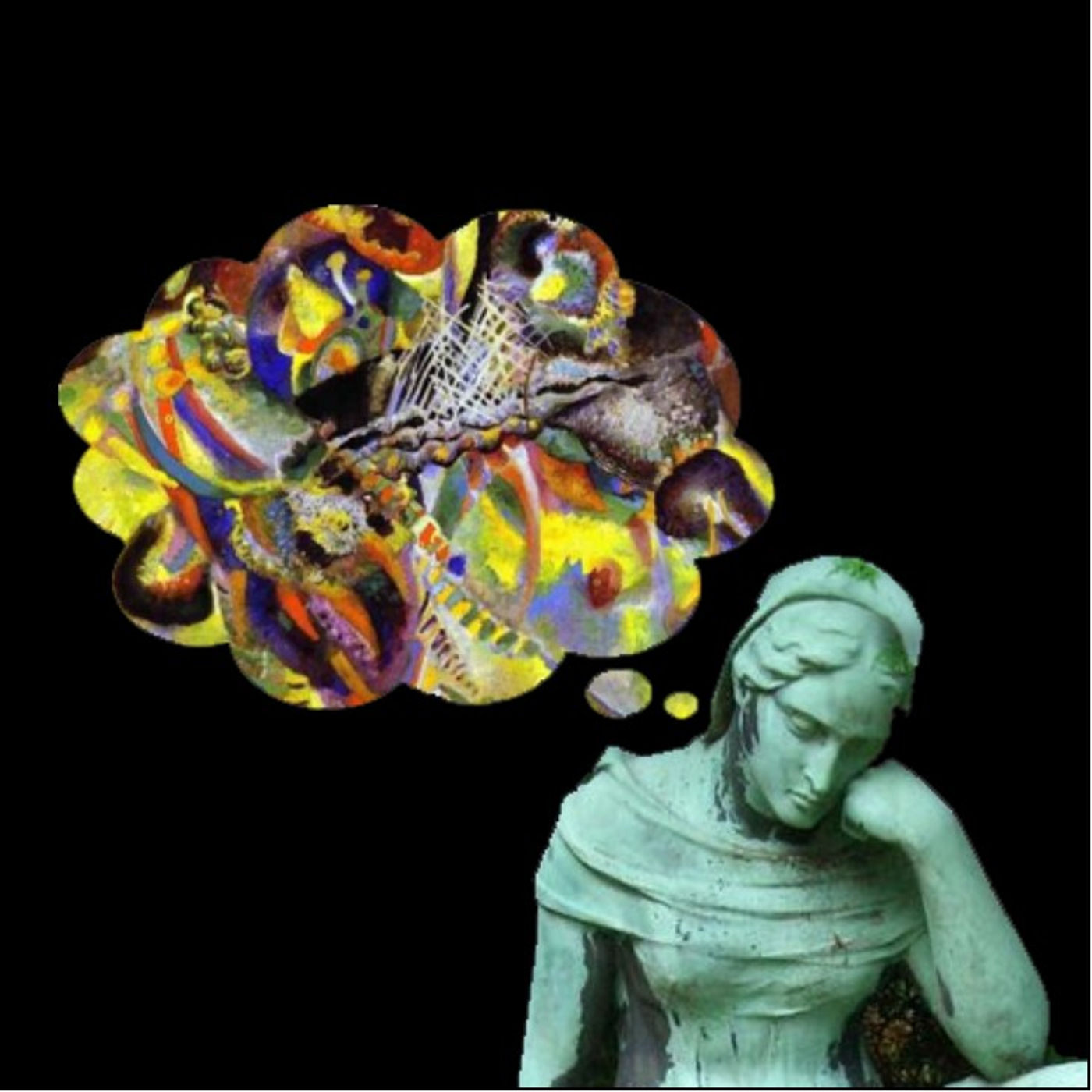
297 – Investigating the Wandering Mind
Almost everyone who practices meditation or mindfulness encounters the phenomenon of the wandering mind – when, despite your conscious intention, your mind is filled with thoughts that have nothing t…
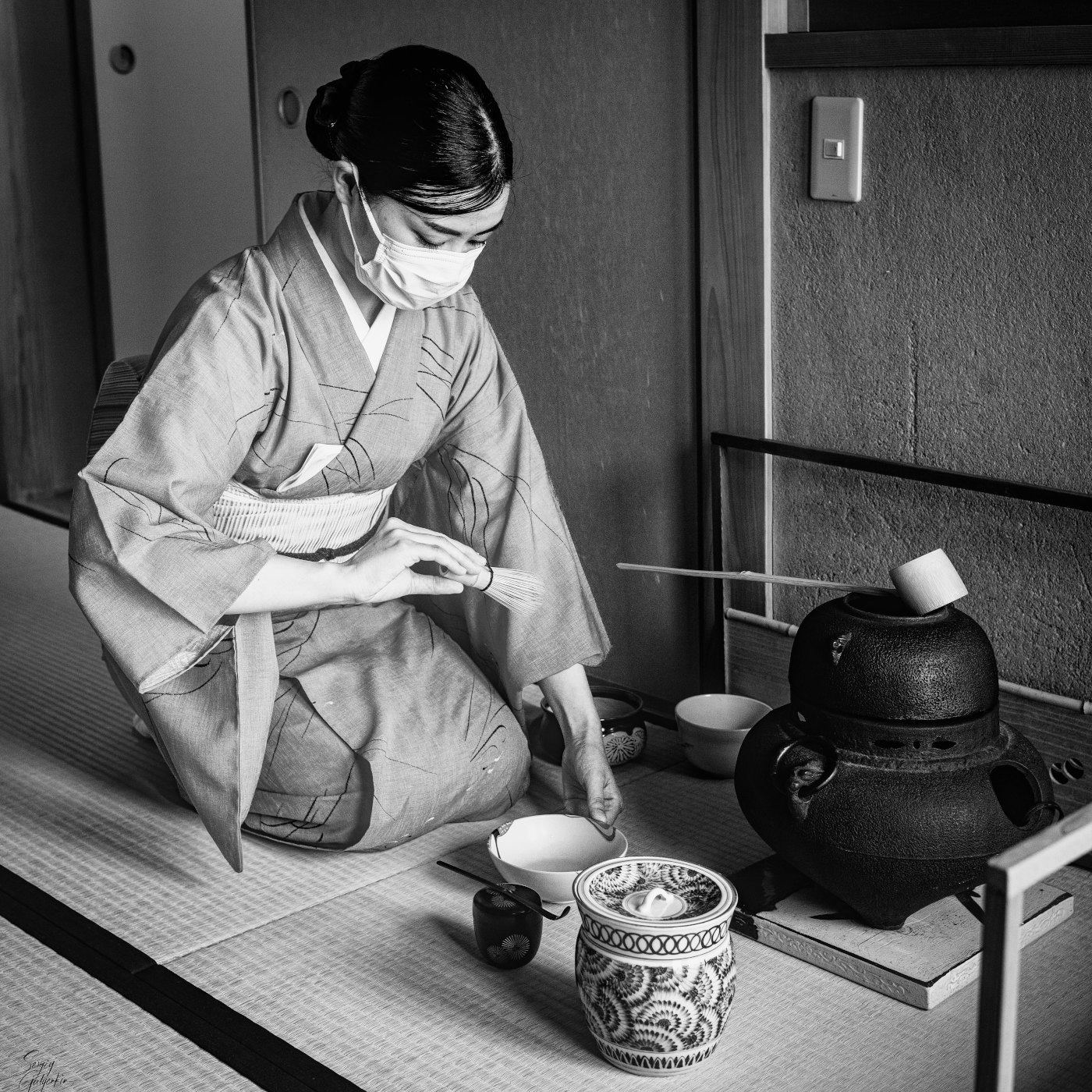
296 – Q&A: Paramis, Mindfulness, Karma, and Enjoyment
This is an extemporaneous question-and-answer episode. Do you know the difference between a parami and a paramita? Do I still like to think of mindfulness as "undivided presence?" What about when Bud…
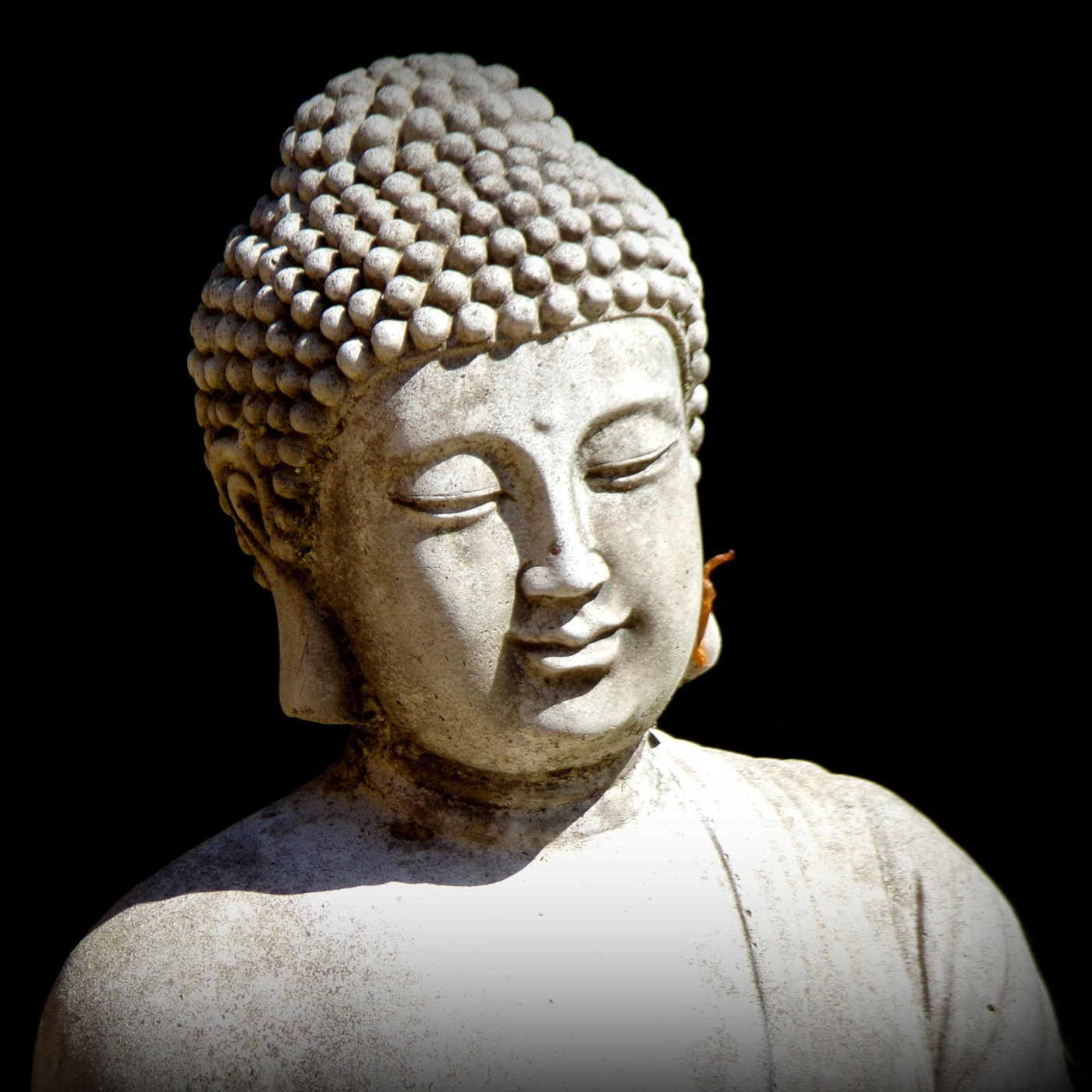
295 - The Power of Equanimity
Equanimity is a powerful state of being that not only reduces our stress and suffering but also enables us to respond effectively. However, in our efforts to achieve some measure of equanimity, we ma…

294 - Ten Fields of Zen, Field 10 - Connecting with the Ineffable, or What Is Most True
The tenth Field of Zen is Connecting with the Ineffable. Zen is not based on a belief in God in a theistic sense. However, at its core there is a strong emphasis on a much more profound, inspiring, s…
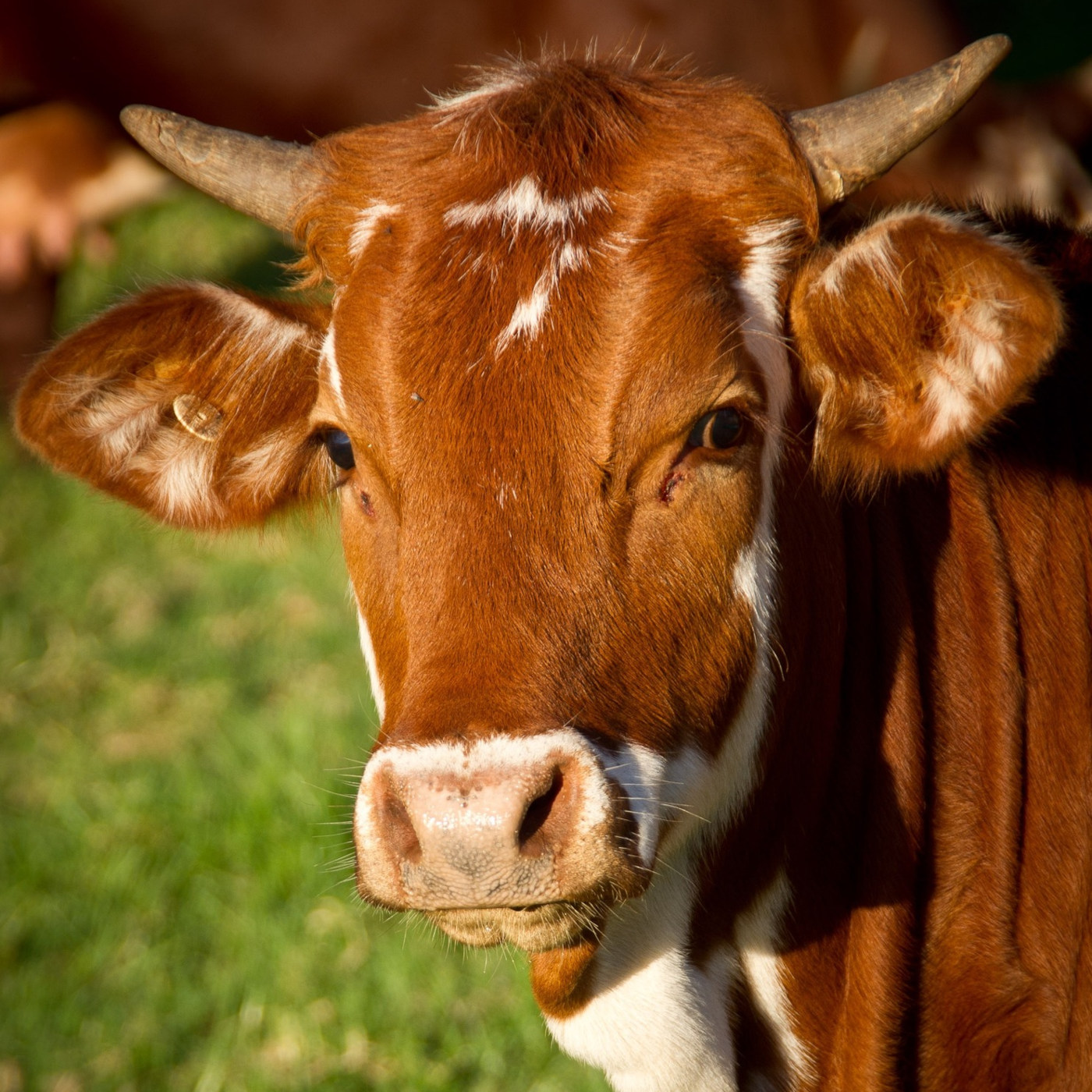
293 – Q&A: Veganism, Letting Thoughts Go, and Motivation for Action
In this episode I extemporaneously answer questions listeners have submitted by email, including: Why aren't Buddhist vegan if the first moral precept is "do not kill?" What does it really mean to "l…